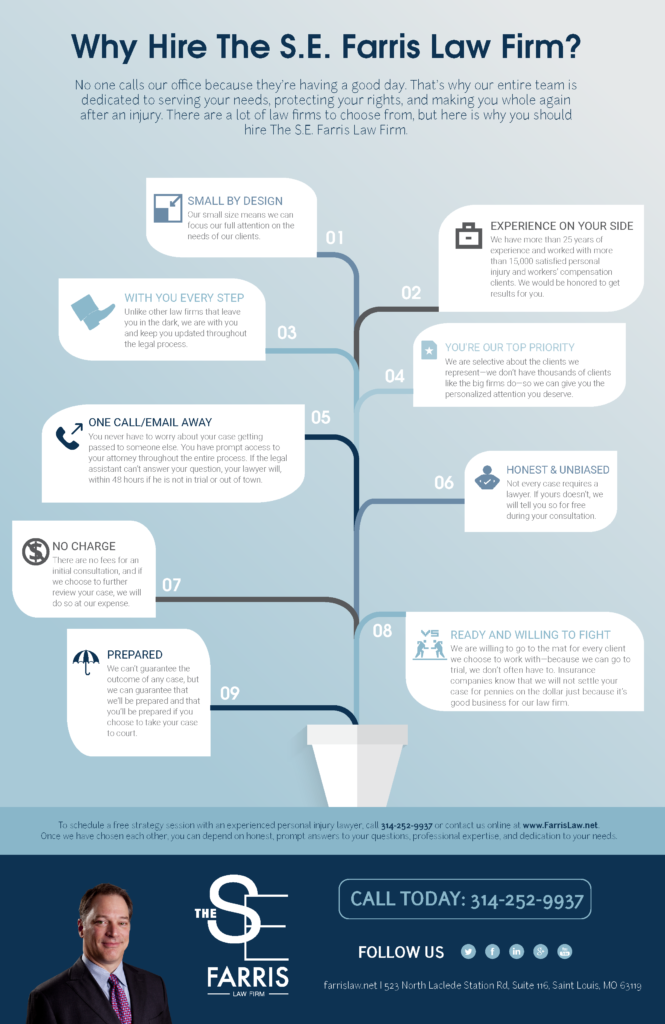Revealing The Psychology Of White Collar Crooks: Behind The Curtains
Revealing The Psychology Of White Collar Crooks: Behind The Curtains
Blog Article
Short Article Writer-Herndon Raynor
Did you understand that behind the refined appearance of clerical criminals lies a complicated internet of emotional motivations? While several may presume that these people are driven solely by greed, the reality is even more fascinating.
Looking into the minds of white collar offenders reveals a fascinating mix of personality type, societal variables, and covert desires that contribute to their illicit actions. Recognizing the psychology behind these crimes not only clarifies the motivations behind them, but additionally increases profound questions concerning our own vulnerability to temptation.
So, what makes these people tick? Join us as we discover the fascinating globe of clerical bad guys and uncover the elaborate workings of their minds.
Inspirations for Clerical Crimes
White collar lawbreakers are motivated by various aspects that drive them to take part in unlawful activities for individual gain.
One of the primary motivations for these people is financial greed. They want to damage the law in order to collect wealth and keep a lavish way of life.
The wish for power and status is another considerable motivator for white collar offenders. They think that taking part in illegal activities will raise their social standing and provide a sense of supremacy and control.
In addition, some white collar crooks are inspired by a feeling of privilege. They believe that they should have more than what they've and are willing to go across ethical borders to accomplish their preferred degree of success.
Eventually, these motivations contribute to the high frequency of clerical crimes in culture.
Psychological Characteristics of Clerical Criminals
As we explore the psychological attributes of people involved in white collar criminal offenses, it becomes obvious that their inspirations for participating in unlawful activities are deeply intertwined with their personality features and state of mind.
Clerical wrongdoers often display certain emotional attributes that add to their involvement in fraudulent or deceitful habits. One such trait is an increased sense of entitlement. These individuals typically believe that they are entitled to more than what they have, leading them to engage in unlawful activities to get riches or status.
Additionally, white collar bad guys often tend to possess a high degree of narcissism. They have an inflated sense of self-importance, lack empathy for others, and are driven by a wish for admiration and recognition.
Finally, they frequently show a propensity for risk-taking, as they believe they can outmaneuver the system and prevent detection.
Understanding these emotional attributes can supply valuable insights right into the state of mind of white collar criminals and help in the growth of efficient avoidance and intervention methods.
Social Impact of Clerical Crimes
The impact of clerical criminal activities on society is significant and diverse. These criminal activities have considerable consequences that expand beyond the people directly entailed. Here are four ways in which white collar crimes affect culture:
- ** Economic damage **: Clerical crimes can cause monetary losses for individuals, companies, and even whole economic situations. These crimes can disrupt markets, threaten investor self-confidence, and cause job losses.
- ** Count on disintegration **: White collar crimes erode trust in establishments and individuals. When https://www.abc57.com/news/parkland-shooters-death-penalty-trial-nears-its-end-as-the-prosecution-and-defense-make-closing-arguments witness high-ranking professionals participating in unlawful tasks, it lessens their confidence in the system and can bring about a basic suspicion in the direction of authority.
- ** Social inequality **: White collar crimes frequently target vulnerable individuals or neighborhoods, worsening existing social inequalities. These criminal offenses can broaden the space in between the abundant and the bad and perpetuate systemic oppression.
- ** Legal and governing modifications **: White collar criminal offenses prompt the implementation of more stringent regulations and policies. Society often replies to these crimes by establishing measures to prevent comparable cases in the future, guaranteeing higher liability and transparency.
The societal impact of white collar criminal activities can not be underestimated, as it affects people, communities, and the total fabric of culture.
Verdict
In conclusion, the psychology behind clerical criminals reveals a complex web of motivations and characteristics. https://wacotrib.com/news/local/govt-and-politics/gloves-come-off-in-race-for-mclennan-county-district-attorney/article_54fe7f32-7a29-11ec-86c3-c365887d10f0.html are driven by greed, power, and a sense of entitlement, which can have far-ranging consequences for culture.
It's important to remember that not all criminal activities are devoted by those we may traditionally relate to criminal habits. As the stating goes, 'the wolf in sheep's apparel,' advises us to stay cautious and wonder about the true purposes of those around us.
